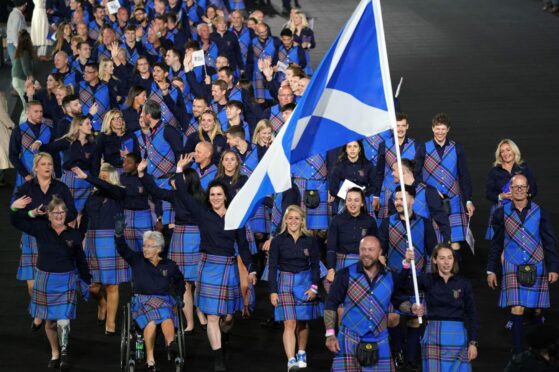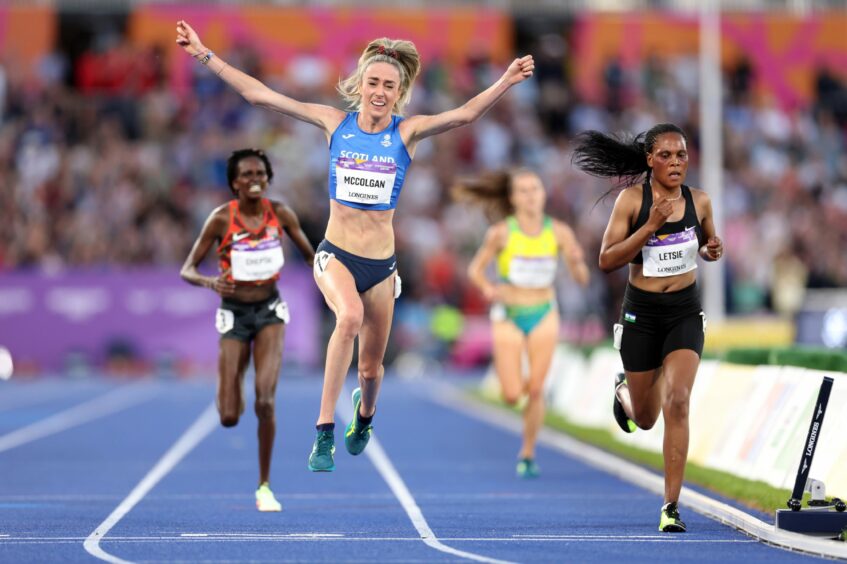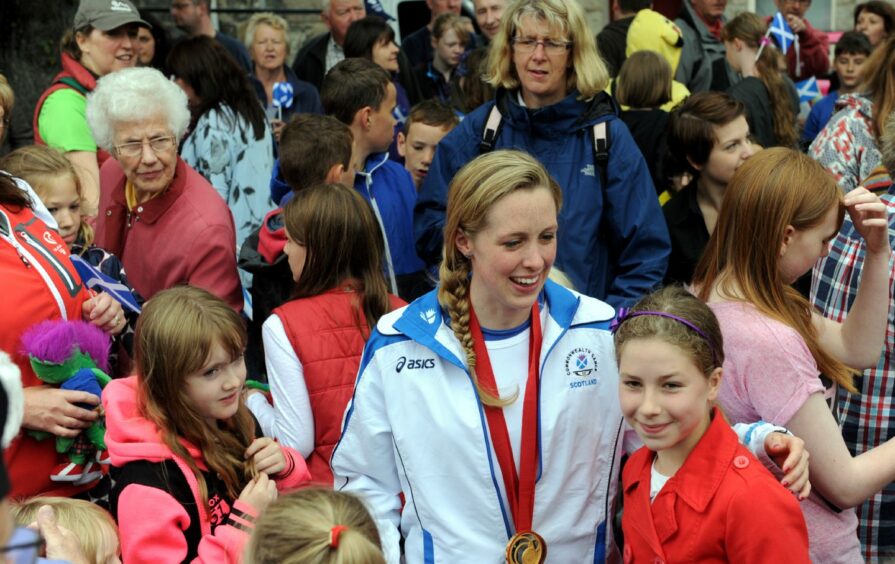Scotland should make a play to host the Commonwealth Games in three years – but would not be able to do so alone, according to a top academic.
Professor Gayle McPherson says cities like Glasgow or Edinburgh could benefit from decades of legacy windfalls by capitalising on the “naive” decision by the Australian state of Victoria to pull out of staging the competition.
Premier Daniel Andrews has been savaged by opinion polls after dropping the event citing spiralling costs, which have reportedly risen from a projected £1.4 billion to more than £3 billion.
It is the second time in a row a host city has pulled out, with costs again blamed when Durban in South Africa was stripped of hosting duties in 2022.
The Commonwealth Games Federation says it is open to discussions with any member nations interested in taking on the staging of the event.
Scotland looking into bid
First Minister Humza Yousaf has asked his staff to explore the possibility of Scotland hosting as part of a multi-country bid.
But former badminton player Susan Egelstaff is among those who have raised doubts, branding the possibility of being ready in three years a “fantasy”.
McPherson, who is chair in events and cultural policy, and director of the Research Centre for Culture, Sport and Events at University of West of Scotland, agrees Scotland does not have the capacity to turn around any of its stadiums for athletics in that time.
However, she said cities like Birmingham and London already have the required infrastructure – and a joint bid could prevent waste by avoiding the need to build new facilities.
McPherson said: “I think there’s definitely appetite to do it but as a UK bid.
“Scotland couldn’t afford to do it on its own.
“You have to look at the current economic climate and crisis.
“To be spending huge amounts of money on sports mega events at this time just wouldn’t go down well with the public.
“I think the difficulty is people want to know instantly what the games did for Glasgow, for instance, but actually ten years on, you start to look back and see there have actually been lots of legacy improvements from the games.”
Improving quality of life
McPherson was on the committee for the 2014 event.
It was held to great acclaim, with Commonwealth Games Federation chief executive Mike Hooper declaring the games the best ever.
McPherson believes Scotland could be granted huge rewards from being a joint host this time around without having to settle a bill for expensive new facilities.
She said: “Daniel Andrews came out and said this is just 12 days of sport and it’s not worth it for the cost and the benefits. That was just so naive.
“You don’t run a Commonwealth Games for just the economic benefit.
“This is absolutely about improving quality of live, increasing tourism.
“It’s the soft power benefits you get from that and improving your standing globally.
“It’s about attracting trade and investment. This is what the Scottish Government already do as part of Brand Scotland.
“The benefits and the legacies of this, even if we were to run just part of it again, is in tourism, international trade, and making Scotland seem attractive to international students.
“Now that we have the infrastructure in place, why wouldn’t we use them?
“We can get a lot of the benefits without a lot of the individual costs that we had last time. We already have the venues.”
Hugely positive legacy
Meanwhile, a senior executive at the 2014 games told the Sunday Post the legacy of recent games has been hugely positive for Birmingham and Glasgow.
“Commonwealth Games are not the panacea to urban renewal but they can play a key role in it, as well as how cities and their citizens view themselves and their place in the world,” she said.
“Glasgow and Birmingham could rightly take huge pride in what they achieved in this respect.”
The executive, who asked not to be named, added: “Certainly Glasgow, Birmingham and Manchester have the kind of sporting infrastructure required to host a Commonwealth Games, as of course does London.
“It’s securing suitable ‘village’ accommodation for athletes and transport infrastructure and site overlay that can be more problematic.”
A multi-country approach will already be in use in 2026 for the FIFA World Cup, which will be held in Canada, the United States and Mexico.
An analysis by PricewaterhouseCoopers found Glasgow, Manchester, Gold Coast and Melbourne all enjoyed long-term improvements through hosting, while some also saw regeneration of deprived areas.





